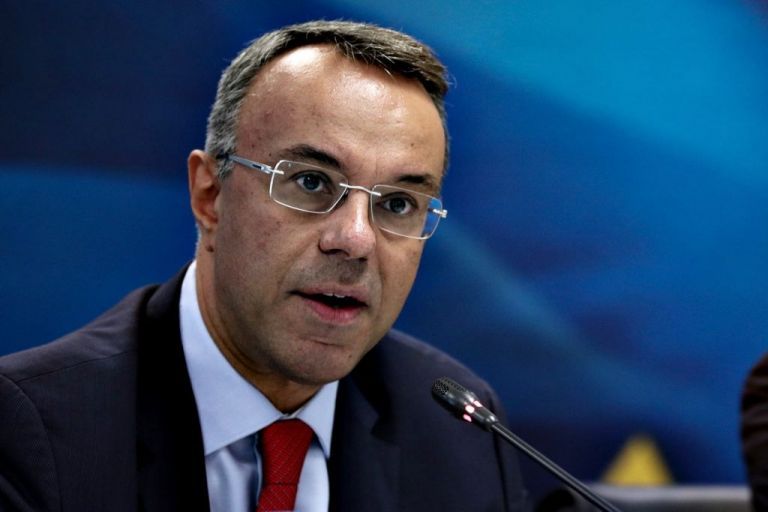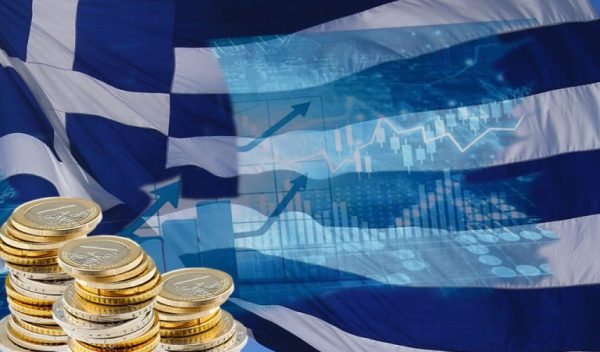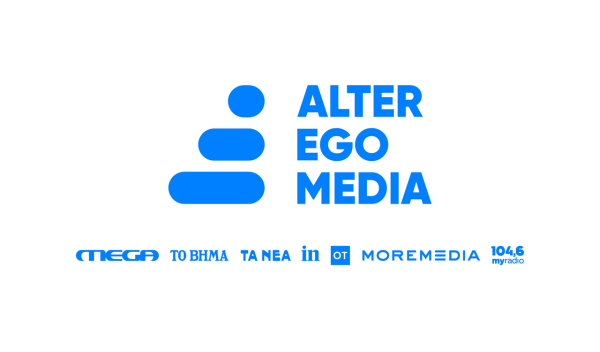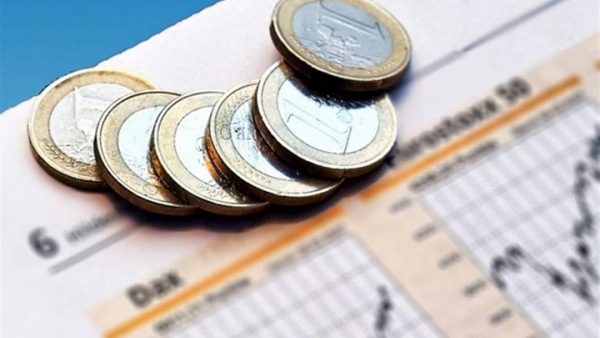
We are maintaining a backup for the future, because there is great uncertainty. We will help households and businesses and keep supplies for the future. This was stated by the Minister of Finance Christos Staikouras, speaking to state broadcaster ERT1 after being asked if there will be further support measures after the quarter that covers the package announced yesterday.
Responding to the opposition’s criticism that the package should have been bigger, the minister said that “these are the things we can give. We do the best we can based on the fiscal space and with social targeting for the vulnerable. The priority is to support those who are really in need and not all horizontally.” He described the package as “more fiscally realistic and more socially equitable”.
According to Mr. Staikouras, if funds are spent from the country’s cash reserve (currently amounting to 39.5 billion euros), the budget deficit will widen, which will have to be covered by borrowing from the markets. “If we go out to borrow, we will borrow at a higher interest rate, which will be borne by the taxpayer,” he said.
The minister cited data from the Independent Authority for State Revenue AADE, based on which there are 4.8 million cars in Greece belonging to 3.5 million owners. The fuel subsidy, he said, covers 3 million owners or 86% of the total. He clarified that if there are two cars in a family, the subsidy (subject to the income limit of 30,000 euros) will be given to both as long as they are registered to different names.
Finally, regarding the deadline for the one-time repayment of the loans of the “repayable advance” with a 15% discount, he stated that after the increase of the installments to 96 from 60, the specific deadline is extended from the end of March to the end of May. At the same time, saying that out of the 8.3 billion euros given in total as government loans in the seven cycles of “repayable advances”, the ministry expects to collect 2.3 billion euros while 6 billion euros will not be repaid.
Latest News

IMF: US Tariffs Shake Global Economy, Outlook Downbeat
IMF slashes global growth forecast to 2.8% as U.S. tariffs create uncertainty and ‘negative supply shock

First Step Towards New Audiovisual Industry Hub in Drama
The project is set to contribute to the further development of Greece’s film industry and establish Drama as an audiovisual hub in the region

Airbnb Greece – Initial CoS Ruling Deems Tax Circular Unlawful
The case reached the Council of State following annulment applications filed by the Panhellenic Federation of Property Owners (POMIDA)

Mitsotakis Unveils €1 Billion Plan for Housing, Pensioners, Public investments
Greek Prime Minister Kyriakos Mitsotakis has announced a new set of economic support measures, worth 1 billion euros, aiming to provide financial relief to citizens.

Alter Ego Ventures Invests in Pioneering Gaming Company ‘Couch Heroes’
Alter Ego Ventures' participation in the share capital of Couch Heroes marks yet another investment by the Alter Ego Media Group in innovative companies with a focus on technology.

Corruption Still Plagues Greece’s Driving Tests
While traffic accidents continue to claim lives on Greek roads daily, irregularities and under-the-table dealings in the training and testing of new drivers remain disturbingly widespread

Pope Francis Died of Stroke and Heart Failure Vatican Confirms
As news of the official cause of death spread, tributes poured in from across the globe. The 1.4 billion-member Catholic Church is united in grief, remembering a pope who championed inclusion, justice, and compassion

Increase in Both Museum Visits, Revenues for 2024
As expected, the Acropolis was the top archeological site in the country, followed by Sounion, Mycenae, the ancient theater of Epidaurus, and Vergina in northern Greece

Where Greece’s Tourists Come From: A Look at 2025’s Top Visitor Markets
The United Kingdom continues to hold the top spot as the largest source of incoming tourism, with 5.6 million seats booked for Greece this summer — up 2.2% from last year. This accounts for 20% of all international air traffic to Greece

Pope Francis: A Pontiff Who Reshaped the Papacy and Sparked a Global Conversation
His first words from the balcony of St. Peter’s Basilica—“Brothers and sisters, good evening”—set the tone for a pontificate that would challenge norms, favor mercy over dogma, and bring the papacy closer to the people.












![Πλημμύρες: Σημειώθηκαν σε επίπεδα ρεκόρ στην Ευρώπη το 2024 [γράφημα]](https://www.ot.gr/wp-content/uploads/2025/04/FLOOD_HUNGRY-90x90.jpg)



![Ξενοδοχεία: Μεγάλο το ενδιαφέρον για επενδύσεις στην Ελλάδα – Η θέση της Αθήνας [γραφήματα]](https://www.ot.gr/wp-content/uploads/2025/03/Athens-hotels-90x90.jpg)
























 Αριθμός Πιστοποίησης
Αριθμός Πιστοποίησης